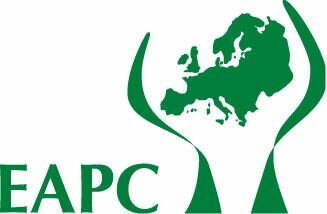|
The International Association for Hospice and Palliative Care develops a List of Essential Medicines for Palliative Care |
|
|
(Houston TX) – In collaboration with other organizations, the International Association for Hospice and Palliative Care (IAHPC) recently develop a list of medicines essential for palliative care in response to a request from the Cancer Control Program of the World Health Organization (WHO). The current WHO Model List of Essential Medicines has a section called Palliative Care, which does not list any medications, but the following statement:
The request from WHO was to prepare a list based on the recommendation from palliative care experts, taking in consideration two criteria: Efficacy and Safety. The WHO will be carrying out the Cost Effectiveness analysis and evidence based reviews of the recommended medications. To work on this proposal, IAHPC formed a working committee which included board members of IAHPC and external advisors from the field. The group was chaired by Dr. Neil MacDonald and co-chaired by Dr. Carla Ripamonti. Other members included Doctors Kathy Foley, Eduardo Bruera, David Currow and Liliana De Lima. Doctors Peter Glassman and Karl Lorenz served as the expert advisors. The Committee developed a plan of action which included a modified Delphi process, a general survey among palliative care experts from around the globe, and a face to face meeting in Salzburg, Austria, with representatives from 26 international palliative care and pain relief organizations. Now that this task has been completed, the IAHPC has delivered its list to the WHO. The IAHPC list includes 34 medications of which 14 are already included in the WHO list as essential in the treatment of several conditions, some of which are common in palliative care. Dr. Kathy Foley, chair of the Board of IAHPC remarked “The provision of adequate palliative care is dependent on access to treatment and medications and we hope that this list serves as a reference to palliative care providers and institutions around the world. We also hope that the WHO will include the recommended medications in the Palliative Care section of its Model List, consonant to its renewed interest in improving access and availability of palliative care.” The IAHPC list of Essential Medicines in Palliative Care will be published in several pain and palliative care journals in the next few months. In addition, IAHPC is working on the completion of a manuscript to publish in an upcoming edition of the Oxford Textbook of Palliative Medicine. Liliana De Lima, executive director of IAHPC remarked: “We are very grateful with all the individuals and organizations who collaborated in this process, the WHO representatives who served as advisors and the editors of pain and palliative care journals for their unconditional support in helping disseminate the IAHPC List of Medications for Palliative Care and improve the care of patients with advanced, progressive disease. We are especially grateful with Ms Mary Callaway and the Open Society Institute for its support in facilitating the meeting in Salzburg.” More information about IAHPC and the programs and projects it is currently engaged in to improve access to palliative care around the globe can be accessed in its website at http://www.hospicecare.com
|
